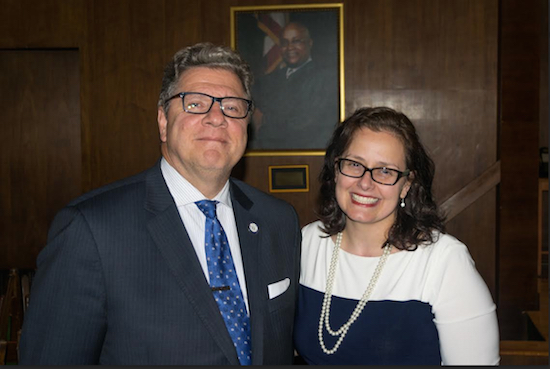BBA’s Elder Law Committee hosts Guardianship Training program

The Brooklyn Bar Association (BBA) on Tuesday held a daylong Office of Court Administration (OCA) approved Mental Hygiene Law, Article 81 Guardianship Training program that was worth eight Continuing Legal Education (CLE) credits.
“It’s the statute for guardianship for incapacitated persons in New York state,” said Anthony J. Lamberti, chair of the BBA’s Elder Law Committee. “This program is an OCA certified training, because in order to handle cases that are appointed, you have to have the training and [be] registered with OCA.”

Brooklyn Boro
View MoreNew York City’s most populous borough, Brooklyn, is home to nearly 2.6 million residents. If Brooklyn were an independent city it would be the fourth largest city in the United States. While Brooklyn has become the epitome of ‘cool and hip’ in recent years, for those that were born here, raised families here and improved communities over the years, Brooklyn has never been ‘uncool’.